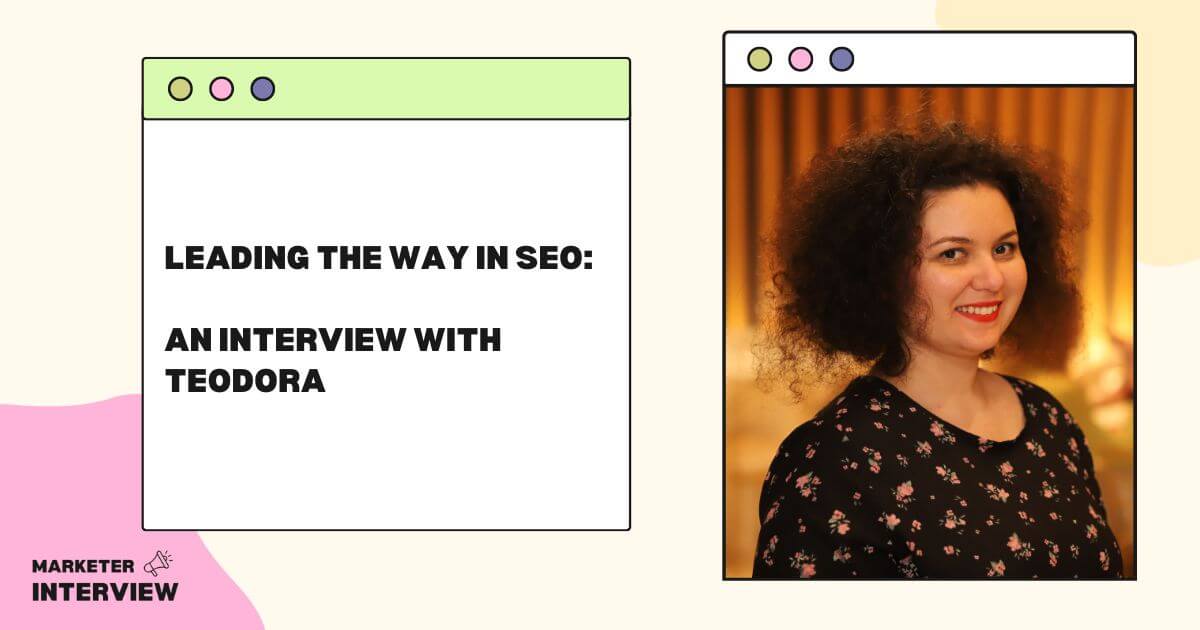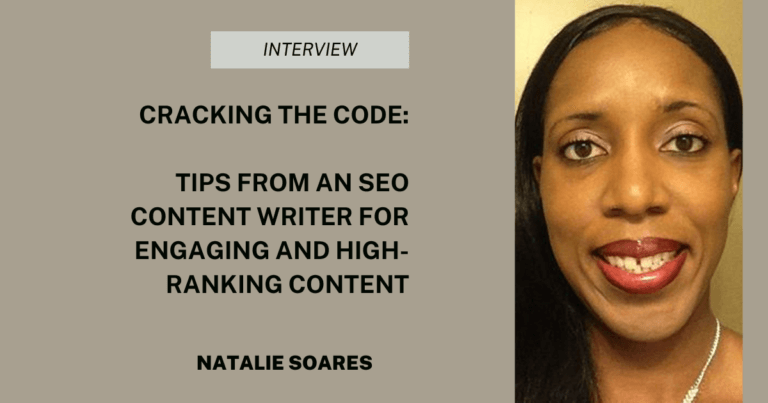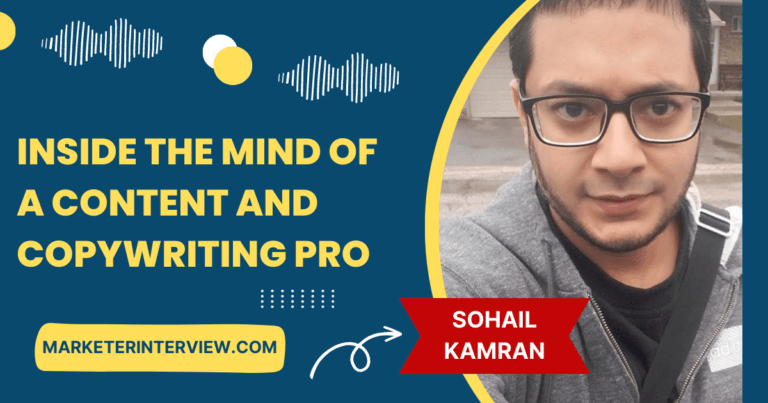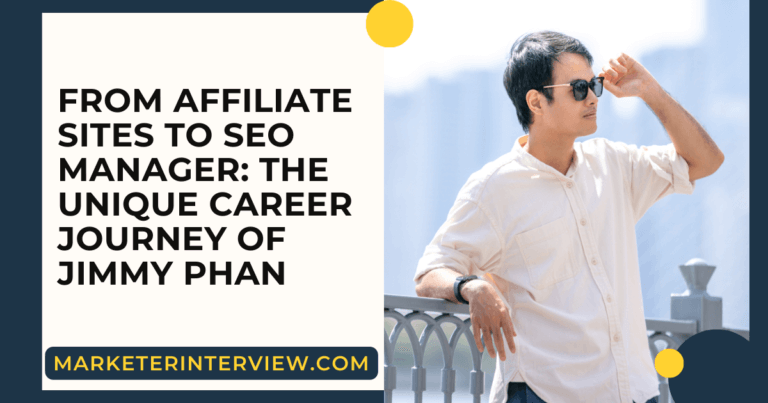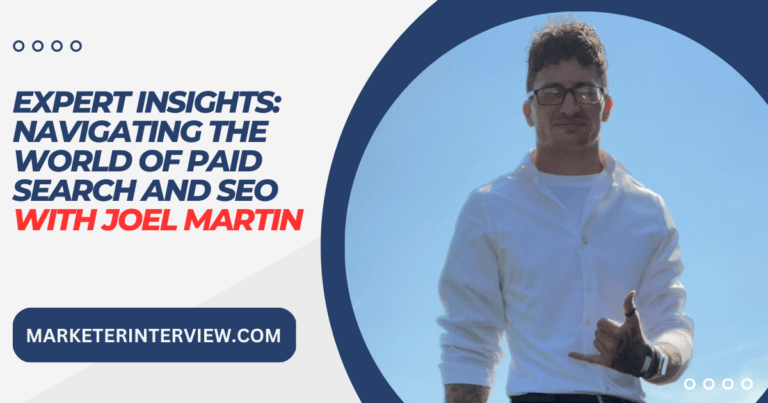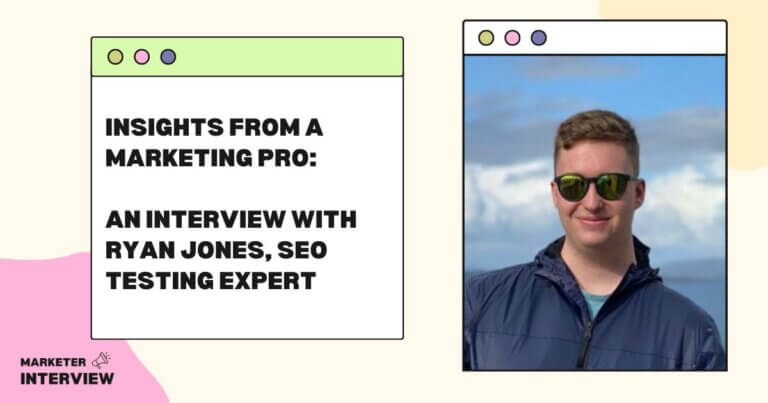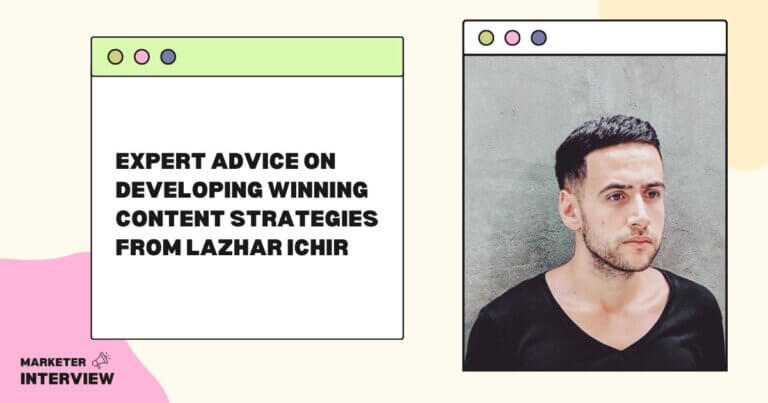Leading the Way in SEO: An Interview with Teodora
In this interview, we sit down with Teodora, an experienced marketing specialist who has found her passion in SEO, customer experience, and leadership.
Teodora shares her journey into marketing and how she naturally gravitated toward digital channels, leading her to become an SEO team lead.
She also shares her thoughts on the future of SEO and customer experience and how a hybrid approach will be the key to success.
Let’s dive in!
Contents
- 1 What led you to pursue a career in marketing?
- 2 How has your background in account management helped you in your current role as an SEO team lead?
- 3 Can you share a recent project you’ve worked on that you’re particularly proud of?
- 4 What are some of the most critical factors for a successful SEO strategy?
- 5 How do you prioritize and balance your focus between improving customer experience and achieving SEO goals?
- 6 How do you stay up-to-date with the constantly evolving SEO landscape and adjust your strategies accordingly?
- 7 Can you walk us through your approach to leadership and managing your team?
- 8 What advice would you give to someone new to SEO and looking to improve their skills?
- 9 What tools and software do you use daily to help with your job as an SEO team lead?
- 10 What trends do you anticipate will significantly impact the SEO and customer experience landscape?
What led you to pursue a career in marketing?
As a teenager, I took a vocational test indicating a social-entrepreneurial profile. After that, I enrolled for a bachelor’s degree in marketing. In my first years, I worked in customer support, online sales, and public relations.
My first role as a marketing specialist was for a multinational insurance brokerage company, but it was mostly a traditional approach – events, brochures, market, and competition analysis.
Considering the digital channels expanded their influence over the years, my choice to redirect to SEO was natural.
The pandemic and the growing e-commerce market in Romania led to an increasing demand for digital marketing specialists, so I chose to follow the market, considering that I simply adore what I do.
How has your background in account management helped you in your current role as an SEO team lead?
I am still active as an account manager, even if I am the leader of the SEO team. I like contacting my clients to offer them support and insights.
We are a team of four, and we enjoy collaborating with each one on its specialty. Also, we have a good collaboration with the content and outreach departments.
My people skills, empathy, and vision greatly help me in my team lead activity.
Yes. We are very proud of one of our campaigns – DWF & Nitelashop.ro – a cocktail for success is short-listed at the European Search Awards.
We are more than happy that we drove results for our client by designing and implementing an efficient content SEO strategy that offers a great experience to the users. People don’t just want to buy. They like to be inspired and informed.
What are some of the most critical factors for a successful SEO strategy?
The directions of an SEO strategy should work as a team. For example, technical performance, an efficient content strategy and execution, and a well-targeted outreach approach work together.
It is challenging to obtain growth using only one of these components. Also, starting with efficient keyword research and correctly evaluating the effects will support the ongoing positive results.
How do you prioritize and balance your focus between improving customer experience and achieving SEO goals?
If the SEO goals are achieved, the client is satisfied. However, answering professionally to my clients, solving their queries, and correctly explaining all the implications greatly help.
I created a poll on LinkedIn a couple of months ago asking my connections what is more important than solving an issue or responding in time. The results of the survey showed that both are equally important.
I get inspired in my customer experience approach by the hospitality industry professionals – when you offer a service, you should offer it by adding high quality and a smile.
How do you stay up-to-date with the constantly evolving SEO landscape and adjust your strategies accordingly?
By testing and applying new tools and technology. Also, my daily habit is to read some international blogs. I attend industry events.
I learn a lot from clients’ requirements and my colleagues’ challenges. We share different situations and methods to approach them.
Can you walk us through your approach to leadership and managing your team?
The common vibe of the team is crucial.
I am lucky to work with highly professional colleagues. We have open communication, and I do my best to ask and offer feedback constantly.
The projects we are focusing on keep us motivated. If the team is motivated, I also am, and vice versa.
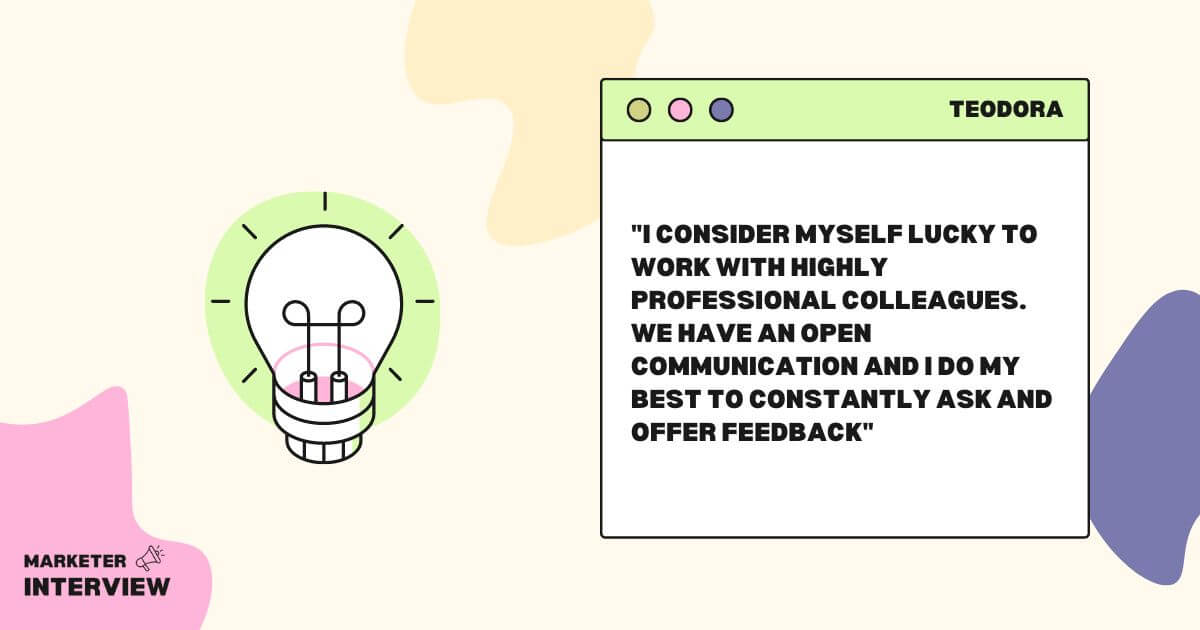
What advice would you give to someone new to SEO and looking to improve their skills?
The SEO learning landscape is vast. There are plenty of online courses and free resources on the web.
However, the best approach is practice. Someone new to SEO should learn within an internship program or an entry-level job.
What tools and software do you use daily to help with your job as an SEO team lead?
The Google Office Suite, together with our proprietary CRM developed internally. Tools such as Google Search Console or Ahrefs help me a lot daily.
I also use Mirro, a human resources software developed by a local company, to manage team objectives and feedback.
At the same time, I am a big fan of keeping myself up to date by following relevant social media channels, where I am also a creator.
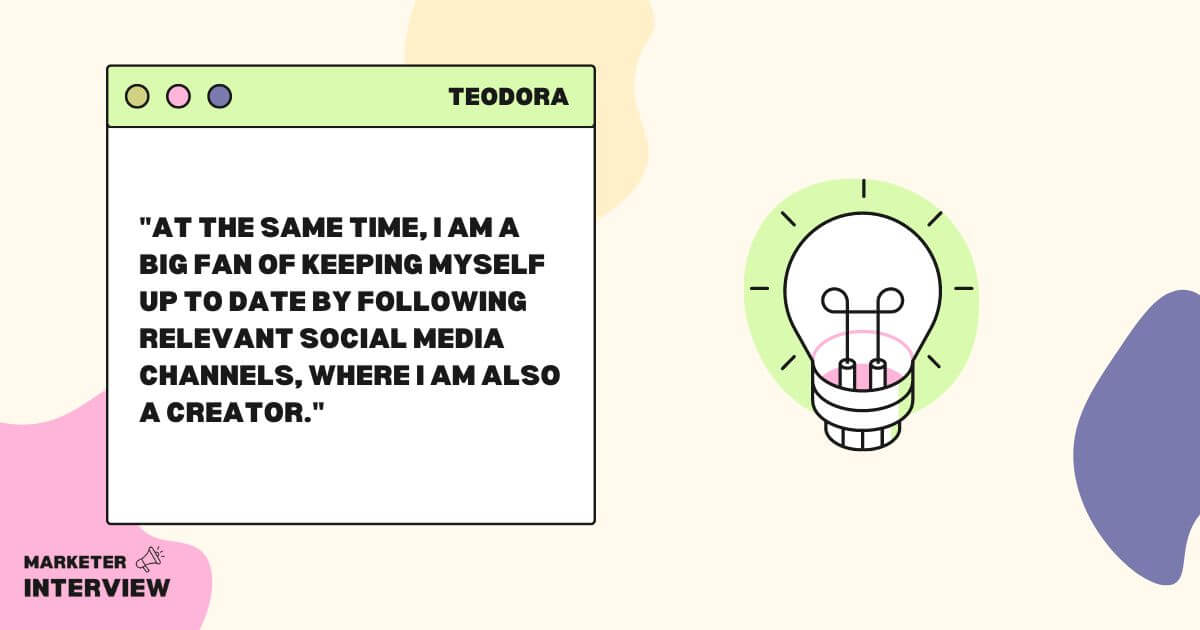
What trends do you anticipate will significantly impact the SEO and customer experience landscape?
The evolution of digitalization and the progress of artificial intelligence will significantly impact SEO and the customer experience landscape.
Even if the trend is to automate the processes, empathy, and human contact will remain relevant and essential.
The challenge is to mix them in a constructive and costly efficient manner. A hybrid approach will be the key.
